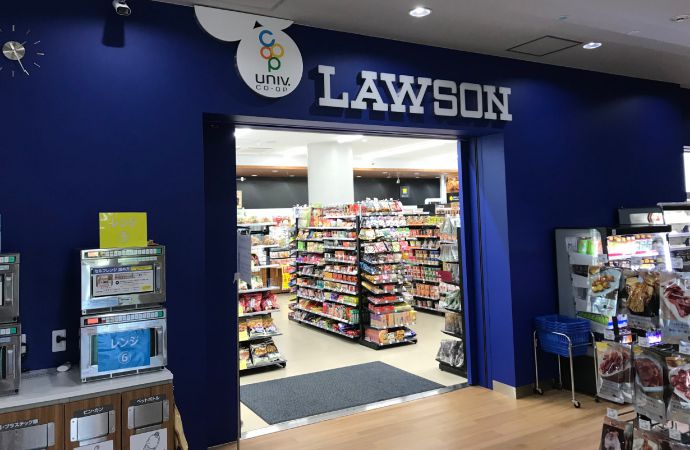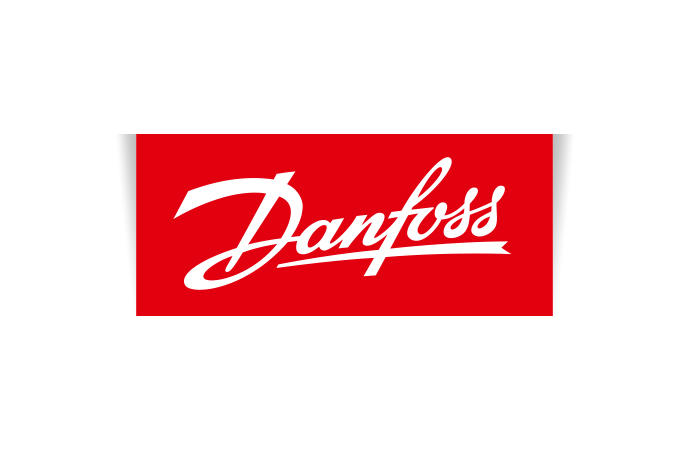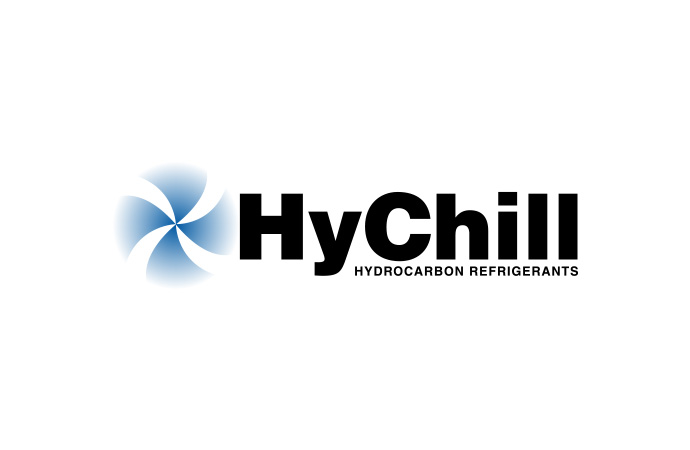In the latest update regarding the Chilling Facts campaign, the EIA reports that following its launch several supermarkets have come forward with pledges to stop using HFCs, while the campaign has also received support from the UK Parliament. UPDATE: On 25 June, MP Clive Efford tabled an Early Day Motion on phasing-out hydrofluorocarbons in supermarket refrigeration, while a proposed Bill on the same issue will for the second time be debated in the UK House of Common

The EIA’s Chilling Facts campaign, seeking to raise awareness on the contribution of supermarket refrigeration gases to global warming and the existence of climate-friendly refrigerants such as hydrocarbons, has been successful in putting pressure on retailers. The campaign has attracted wide media coverage, amongst which many press articles and a dedicated BBC Radio show, while a good number of letters was sent to supermarkets by individuals asking them to convert to climate-friendly refrigeration, through IEA’s dedicated website.
BBC Radio Programme
The EIA survey and HFCs was the main topic on BBC Radio 4’s “Costing the Earth” programme in early February. The programme revealed not only the devastating power of the current generation of coolant gases, but also the fact that much more climate friendly alternatives are being largely ignored.
The programme discussed how the biggest users of HFCs in Britain are the supermarkets, which are responsible for fifty per cent of HFC emissions, as well as the results of the EIA survey that found that so far retailers have been slow to act by switching to natural ‘green freeze’ alternatives. It finally also announced EIA’s call on the government to take tougher action on supermarkets and introduce a ban on F Gases.
Parliament support of the campaign
According to IEA’s update, after listening to BBC Radio 4’s “Costing the Earth” programme, a UK Member of Parliament (MP) has put down an early day motion (EDM) on the irresponsible use of HFCs by supermarkets, calling for change in legislation. On 25 June 2009, Labour MP Clive Efford tabled the EDM expressing concern over the large-scale domestic emissions of potent greenhouse gases HFCs, welcoming the recent publication of the Environmental Investigation Agency's Chilling Facts report on the impact of supermarket refrigeration on climate change and recognising the availability of low global warming impact alternatives.
The EDM “urges the Government to support a phase-out of domestic consumption of HFCs, as has happened in Austria and Denmark” and “calls on the Government to support interim steps to achieve deep emission reductions such as HFC taxation, which is working successfully in Norway and Denmark and being assessed in Sweden”.
The EIA is now calling on individuals to send letters to their local MPs to co-sign this EDM [EDM 1753, titled “Hydorfluorocarbons and supermarket refrigeration”] and, therefore, enhance its impact [see comment at the end of the article on how to take action in 3 simple steps].
UK MP presents Bill banning HFCs in large supermarkets
About a week after submitting EDM 1753, Efford presented a motion for introducing the “Hydrofluorocarbons Limitation Bill 2008 - 09”, which seeks to phase-out HFCs in the refrigeration systems of large supermarket, as opposed to small retailers (i.e. corner convenience stores) that would only be required to introduce equipment that do not contribute to global warming when their old units need to be replaced. Besides, “there are already many environmentally friendly alternatives for smaller supermarkets, and they generally use different refrigeration technology from the larger stores. Small stores tend to use what is called "plug and play equipment", which does not involve large centralised systems, is often much less likely to leak and increasingly uses low-global-warming alternatives, such as hydrocarbons, which also offer improved energy efficiency. Those alternative carbon-based systems are neither more expensive to purchase nor more expensive to run”, reads the text of the motion for introducing the Bill. Today the Bill will be for the second time debated in the UK House of Commons.
Retailers’ actions since the launch of the campaign
Marks & Spenser, which was assessed as the most proactive in meeting the challenge to phase-out HFCs in EIA’s survey investigating how far UK supermarkets had progressed in shifting to climate-friendly refrigerants, have now committed to stop using HFCs in all new equipment and store retrofits.
Some supermarkets that refused to participate in EIA’s survey have also come forward with commitments. These include Morrisons which claim that from now on they will only use climate-friendly alternatives in new stores and retrofits and Lidl which have told EIA that they are phasing out the use of HFCs in all their freezers, while they are also currently developing HFC-free chillers.
BBC Radio Programme
The EIA survey and HFCs was the main topic on BBC Radio 4’s “Costing the Earth” programme in early February. The programme revealed not only the devastating power of the current generation of coolant gases, but also the fact that much more climate friendly alternatives are being largely ignored.
The programme discussed how the biggest users of HFCs in Britain are the supermarkets, which are responsible for fifty per cent of HFC emissions, as well as the results of the EIA survey that found that so far retailers have been slow to act by switching to natural ‘green freeze’ alternatives. It finally also announced EIA’s call on the government to take tougher action on supermarkets and introduce a ban on F Gases.
Parliament support of the campaign
According to IEA’s update, after listening to BBC Radio 4’s “Costing the Earth” programme, a UK Member of Parliament (MP) has put down an early day motion (EDM) on the irresponsible use of HFCs by supermarkets, calling for change in legislation. On 25 June 2009, Labour MP Clive Efford tabled the EDM expressing concern over the large-scale domestic emissions of potent greenhouse gases HFCs, welcoming the recent publication of the Environmental Investigation Agency's Chilling Facts report on the impact of supermarket refrigeration on climate change and recognising the availability of low global warming impact alternatives.
The EDM “urges the Government to support a phase-out of domestic consumption of HFCs, as has happened in Austria and Denmark” and “calls on the Government to support interim steps to achieve deep emission reductions such as HFC taxation, which is working successfully in Norway and Denmark and being assessed in Sweden”.
The EIA is now calling on individuals to send letters to their local MPs to co-sign this EDM [EDM 1753, titled “Hydorfluorocarbons and supermarket refrigeration”] and, therefore, enhance its impact [see comment at the end of the article on how to take action in 3 simple steps].
UK MP presents Bill banning HFCs in large supermarkets
About a week after submitting EDM 1753, Efford presented a motion for introducing the “Hydrofluorocarbons Limitation Bill 2008 - 09”, which seeks to phase-out HFCs in the refrigeration systems of large supermarket, as opposed to small retailers (i.e. corner convenience stores) that would only be required to introduce equipment that do not contribute to global warming when their old units need to be replaced. Besides, “there are already many environmentally friendly alternatives for smaller supermarkets, and they generally use different refrigeration technology from the larger stores. Small stores tend to use what is called "plug and play equipment", which does not involve large centralised systems, is often much less likely to leak and increasingly uses low-global-warming alternatives, such as hydrocarbons, which also offer improved energy efficiency. Those alternative carbon-based systems are neither more expensive to purchase nor more expensive to run”, reads the text of the motion for introducing the Bill. Today the Bill will be for the second time debated in the UK House of Commons.
Retailers’ actions since the launch of the campaign
Marks & Spenser, which was assessed as the most proactive in meeting the challenge to phase-out HFCs in EIA’s survey investigating how far UK supermarkets had progressed in shifting to climate-friendly refrigerants, have now committed to stop using HFCs in all new equipment and store retrofits.
Some supermarkets that refused to participate in EIA’s survey have also come forward with commitments. These include Morrisons which claim that from now on they will only use climate-friendly alternatives in new stores and retrofits and Lidl which have told EIA that they are phasing out the use of HFCs in all their freezers, while they are also currently developing HFC-free chillers.
MORE INFORMATION
Related stories






